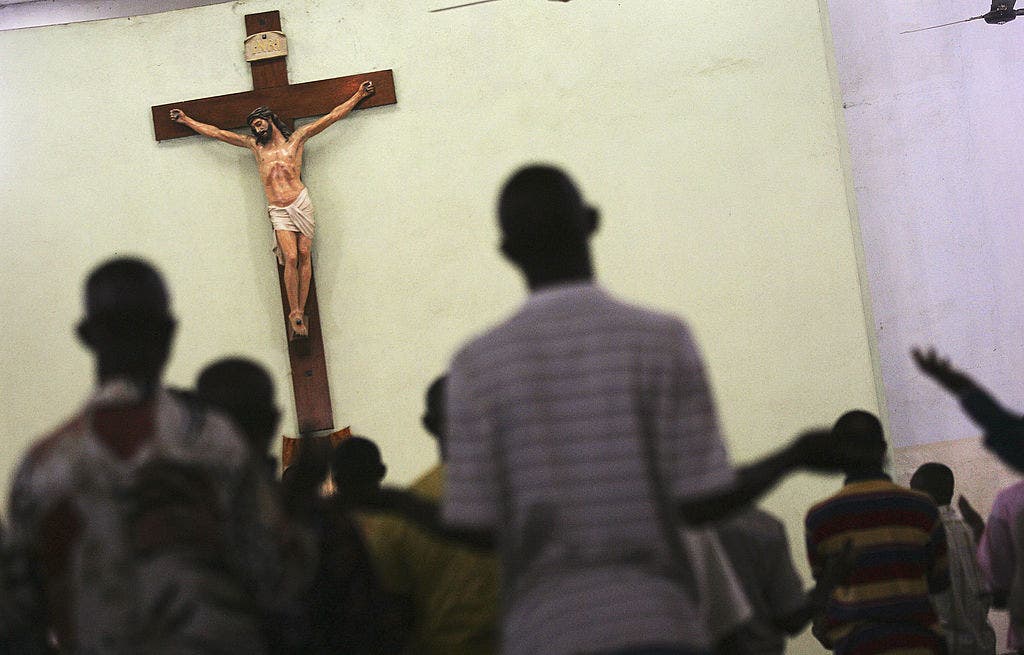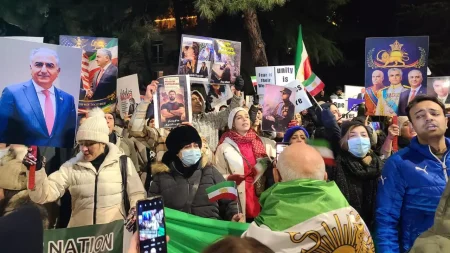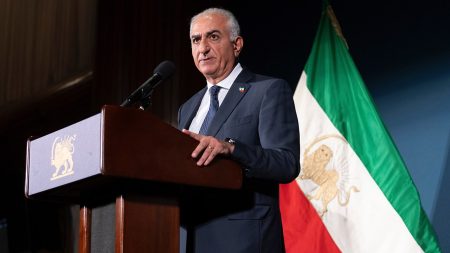The International Christian Concern (ICC) has released a sobering report titled “The Global Persecution Index 2025,” revealing a disturbing rise in religious intolerance worldwide, particularly targeting Christians. This surge in oppression is largely attributed to the growing influence of authoritarian regimes and the persistent threat of Islamic extremism. While religious persecution affects various faiths, Christianity appears to bear the brunt of this global trend, facing oppression in more countries than any other religious group. The report highlights the Sahel region of Africa, encompassing nations like Mali, Niger, and Chad, as a hotspot for severe persecution, where Christians frequently endure torture and even death. Other countries identified as particularly dangerous for Christians include the Democratic Republic of Congo, Somalia, Afghanistan, Pakistan, and North Korea.
The ICC report, corroborated by a Pew Research Center study, underscores a concerning correlation between the rise of authoritarianism and the suppression of religious freedom. Authoritarian leaders, seeking to consolidate power and quell dissent, often target religious groups, particularly those perceived as aligned with Western values or representing a challenge to the state’s authority. Christianity, frequently viewed as a symbol of Western influence, becomes a convenient scapegoat for regimes seeking to assert their dominance. This dynamic is further complicated by the growing accessibility of sophisticated surveillance technologies, enabling governments to monitor and control religious groups with unprecedented precision. This technological advancement amplifies the existing oppressive mechanisms and extends their reach even into regions not traditionally known for religious persecution, such as Latin America.
The report identifies a concerning trend in countries like Nicaragua and Venezuela, where traditionally Christian-majority populations are experiencing increasing hostility towards religious groups critical of the ruling regimes. This targeting of religious citizens and suppression of dissenting voices represents a new and alarming development. The proliferation of surveillance technologies, often exported from countries like China, empowers authoritarian regimes to tighten their grip on religious communities and stifle any opposition.
Beyond government-led persecution, the report also highlights the role of social media in inciting violence and spreading disinformation about Christian communities. In countries like India and Pakistan, social media platforms have become breeding grounds for hate speech and misinformation, fueling targeted attacks against Christians. India, in particular, has witnessed a sharp increase in attacks against Christians in recent years, a trend documented not only by the ICC and Pew Research Center but also by a report submitted to the United Nations Human Rights Council.
The global rise in religious persecution, as documented by the ICC report, is not an isolated phenomenon but rather indicative of a broader, systemic issue. The increasing prevalence of authoritarian policies, coupled with technological advancements, rising nationalism, and global instability, creates a volatile environment conducive to religious discrimination. The report draws parallels between current trends and historical atrocities committed under similar oppressive regimes, such as the Soviet Union and Nazi Germany. Authoritarian leaders, facing challenges to their authority, often resort to scapegoating religious minorities to consolidate power and unite the majority under their rule.
Contemporary regimes are seemingly drawing from this historical playbook, targeting religion, with its inherent capacity to inspire freedom, hope, and resistance, as a perceived threat to their dominance. The convergence of these factors creates an increasingly urgent need to address the escalating threat to religious freedom worldwide. The ICC report serves as a stark reminder of the importance of protecting religious freedom and combating the forces of intolerance and oppression.
The global landscape of religious freedom is further complicated by the interplay between major religious groups. Christians and Muslims, constituting the two largest religious groups globally, consistently face the highest rates of harassment, both physical and verbal. While quantifying the precise number of individuals targeted within each group remains a challenge, the Pew Research Center’s findings indicate that Christians are targeted in a greater number of countries by governments and social groups than any other religious group, followed by Muslims and then Jews.
This targeting of Christians across numerous countries underscores the widespread nature of the challenge and the diverse range of actors involved, from state-sponsored persecution to societal discrimination. The ICC emphasizes the urgent need for international attention and action to address this growing crisis and protect the fundamental human right to religious freedom.
The report’s findings paint a grim picture of the state of religious freedom globally, highlighting the vulnerability of religious minorities, particularly Christians, in the face of rising authoritarianism and extremist ideologies. The convergence of political, social, and technological factors creates a complex and challenging environment for those seeking to practice their faith freely. The ICC’s report serves as a call to action for governments, international organizations, and civil society to prioritize the protection of religious freedom and combat the forces that seek to suppress it. The escalating trend of religious persecution demands a concerted and sustained effort to ensure that all individuals can exercise their fundamental right to religious belief and practice without fear of discrimination, violence, or oppression.
The findings also highlight the evolving nature of religious persecution in the digital age. The widespread use of social media platforms, while offering potential for promoting religious tolerance and understanding, also presents new avenues for spreading misinformation, inciting hatred, and coordinating attacks against religious minorities. This necessitates a proactive approach to combating online hate speech and promoting responsible use of digital technologies. Furthermore, the export of surveillance technologies from authoritarian states enables the suppression of religious freedom beyond national borders, requiring international collaboration to address this emerging challenge.
The report’s focus on Christianity as the most persecuted religious group worldwide should not diminish the importance of addressing the persecution faced by other religious communities, including Muslims, Jews, and other minorities. The fight for religious freedom is a universal one, requiring a commitment to protecting the rights of all individuals to practice their faith without fear. The ICC’s report serves as a crucial reminder of the ongoing struggle for religious freedom and the need for continued vigilance and action to safeguard this fundamental human right for all.















